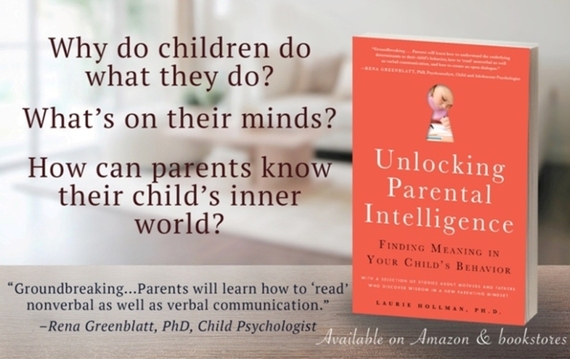We all want our kids to do well in school. We want learning to become an enjoyable part of their lives. How do we do this? Do we give rewards? What kind of rewards? Discuss this with your parenting partner before school gets underway.
8 Tips on Rewarding Good Grades
1.Grades are only one measure of school work. A more effective measure is the effort and persistence that goes into the work. Comment on your child's focus and completion of work. Your comment in some detail is the reward.
2.Different teachers are lax or strict about grades at the beginning of school. Discuss this with your child so they don't take the very strict grades too much to heart or think that they won't have to work hard to earn grades from the 'easy' teacher who wants the kids to feel motivated and encouraged. Again, point out the grade isn't the be all and end all. Learning new material is what is praised.
3.Praise is the reward, not material goods for good grades. The praise should be specific and detailed not just a tossing off of "good job." If you give a detailed response to the grade such as you appreciate your child's focus and organization, then they know what to repeat.
4.Being proud of your child is a reward, far more important than a grade. Make sure at least once a week to point out what made you proud of the child's approach to their school work.
5.Material goods or money for good grades sends the wrong message. School is about learning. The value to teach is learning for its own sake, not for material goods.
6.Set an example that learning is part of what the family values by talking about what you learn during the week when you work at your job, read something interesting, listen to the news on TV, or are working on an at-home project. Sharing what you learn with your child, shows them that learning is enjoyable. The grade you get is the sense of achievement you receive. Point that out to show that all learning doesn't have grades.
7.Point out that good grades may show how interested your child is in a subject. That interest when pursued beyond what's learned in school is more important than the single grade. Reward your child by praising their devotion to a certain subject. If they are interested, take them places where they can learn more about the subject or get books and magazines and youtubes on the topic to share in your child's interest.
8.Sometimes a long term project warrants a special reward. This may be a special dinner or special movie night that highlights the achievement. Again, the learning is what's emphasized and the completion of a hard project is praised.
As you can see, rewards are often verbal and loving, not material goods. The main emphasis is that learning is enriching, fun, and exciting. Learning is about discovery and adventure. With these values grades don't become the main focus, yet they are earned and appreciated along the way. A family that learns together becomes devoted to sharing their interests which may be very varied and rewarding for all.

Laurie Hollman, Ph.D., is a psychoanalyst and author of Unlocking Parental Intelligence: Finding Meaning in Your Child's Behavior found on Amazon, Barnes & Noble, Familius and wherever books are found.